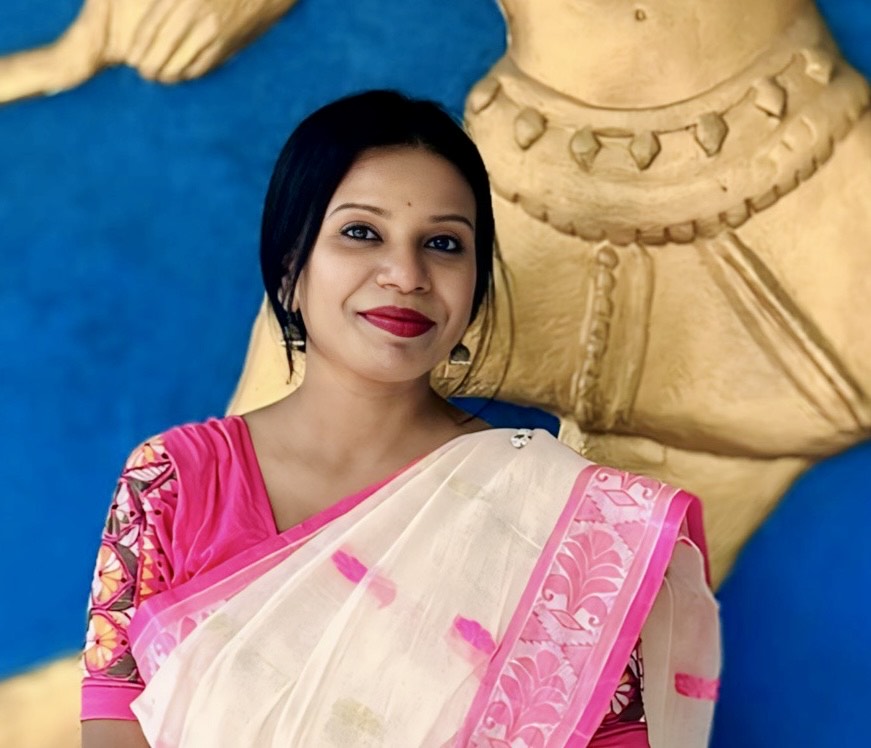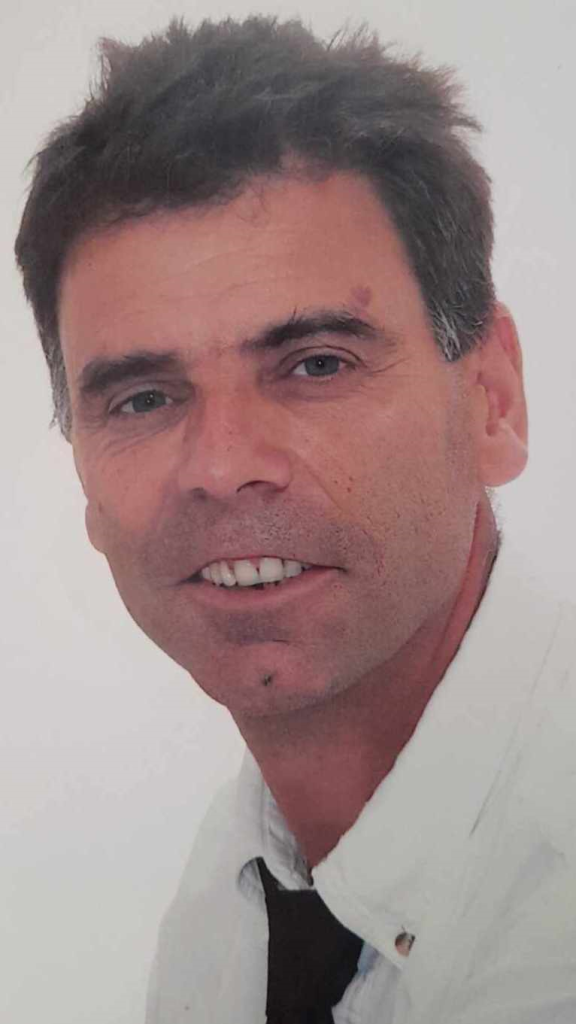3
After the New Year, we have a new neighbor, Baba Katya. She was a short, plump woman with glasses, rather intelligent-looking, always wrapped in several layers of clothing. When she stopped by, a few creepy-looking men probably dragged all sorts of things for two hours: chests, parcels, some furniture into her room, which was as big as a hall.
The check-in process attracted Alexey and me’s attention, and we sat in the hallway and silently watched what was happening. At some point, one of these thuggish-looking workers barked at my brother and me, and we, frightened, retreated to our room. Here, to fill up the feeling of confidence, we began to sprinkle these two and our neighbor with curses and all sorts of nicknames.
– These two are savages! – I said, waving my arms.
– And the neighbor? She’s no better! Bourgeois! – my brother answered.
One day after school, when my brother and I were walking down the hallway, the door to the new neighbor’s room was open. It has been several weeks since she moved in. Torn by curiosity, we decided to carefully look in to see the treasures she was hiding.
Through the slightly open door we could see several antique cabinets, statues, tapestries, paintings. Meanwhile, the hostess of the room came up to us along the corridor. My brother and I took a step back, expecting reproaches or threats, but something completely unexpected happened. Seeing our undisguised interest in the contents of the room, Baba Katya smiled slightly.
- Come on in, guys, – she invited my brother and me.
Her brother was more talkative, as always, and asked her a lot of questions. He had a talent for talking to people, so later he became a famous journalist and traveled a lot around the country and the world.
So, we managed to find out that baba Katya, as the whole apartment called her, is actually Ekaterina Vasilyeva, a well-known restorer with experience. For several years now, she has been engaged in restorations for the state museums of Leningrad, and what struck me most of all, she even worked at home, in conditions when museums were closed or even mothballed. And all these “treasures” are her works that have been restored or are just waiting in the wings.
– Why did you move in with us? Has your house been bombed? Alexey continued his inquiries.
– No, it’s worse… This is not a childish story…” she tried to get away from this topic.
– We are already adults, please tell us! – my brother and I did not let up.
Baba Katya stopped talking, looked at the window, then back at us. She went to the stove in the corner of the room, put a scorcher in it, put the kettle on and slowly began her creepy story.
– About a month ago, a story happened that changed my life and disappointed people forever. I used to live in the central district, also in a communal apartment. I had two rooms there – one bedroom, the second, a larger one, a workshop for restoration. Our apartment has always been friendly, we all knew each other for many years and were almost like family. Only one neighbor was weird, I don’t even want to call her by her first name. After her divorce from her husband, something broke inside her… But even then she had not yet poisoned our way of life. With the onset of the blockade, our apartment began to change, many left. The corridors began to empty.
In the autumn, the famine began, then it became even worse, our neighbors began to disappear. The authorities came to us a couple of times, and then our neighbor began to show incredible diligence in finding and assisting the authorities. She told all sorts of stories, saying that they had gone to their relatives in the village, and those had died in the raid. Strangely enough, everyone believed her.
Then she stopped talking. I saw a tear creeping down the wrinkled cheek of an elderly woman. After a moment of silence, gathering her strength, she continued:
– One day, I worked late and, as it seemed to me, I was not sleeping alone in the apartment. Then a disheveled and scared neighbor flew into my workshop, saying that some strange man of terrible appearance was walking in our hallway. I calmed her down by suggesting that we look at this stranger together. She agreed, on the condition that we take a poker for protection. So we left my room, I went ahead and carried a lamp, and she followed me with a poker.
We walked along the dark corridor for a while until I felt a blow on the back of my head and lost consciousness. I came to my senses, probably after a quarter of an hour, I was lying on the floor in my neighbor’s room, next to her bed. The first thing that caught my eye was the partially butchered body of the girl, which was hidden under the bed. It hit me like an electric shock, I immediately understood everything and hid, the neighbor was standing with her back to me in the other corner and, leaning over the table, sorting knives. I got up quietly, and the poker was lying on the bed.
Grabbing her, I slapped my neighbor on the back without looking at her and ran out of the apartment and onto the street with the last of my strength. My head hurt terribly, and my heart was pounding so hard that it seemed like it was going to pop out of my chest. So I ran through several streets until I bumped into two young soldiers who turned out to be NKVD officers. Through tears, I told them everything. After taking me to some kind of duty station, they hurried to our apartment…
She paused again, sighed, and finished her story with confidence in her voice.
– The remains of five people were found in her room, as the investigation established, for several months she had not only killed and eaten acquaintances, but also sold or changed the meat of victims in markets in different areas. As far as I know, she was shot on the same day, and I could no longer stay in that apartment and moved in with you.
The kettle whistled, Baba Katya covered her face with her hands. There was horror and shame on my brother’s face, and we both regretted our persistence, curiosity and prejudice about this brave woman. I went up to her and hugged her a little, she calmed down, poured tea for us and gave us one candy, it was an incredible rarity, my brother and I had not seen any sweets anywhere for more than six months.
- Go to your room in peace, – Baba Katya said to us at parting, – And be careful on the street, and in general with strangers.



